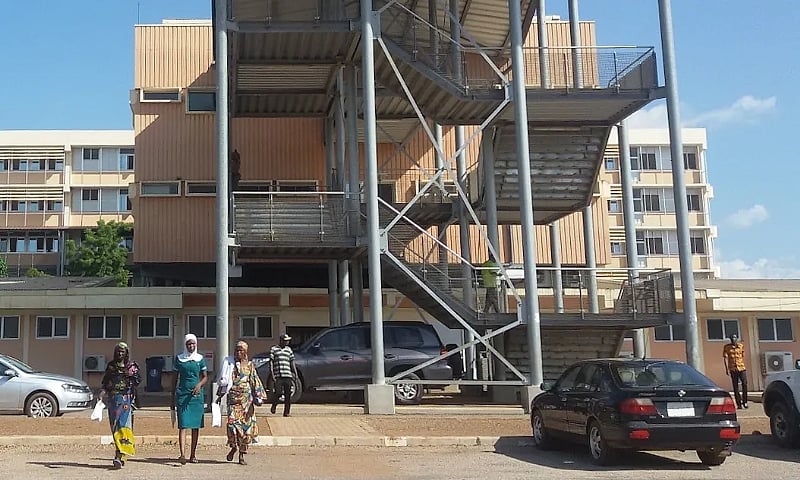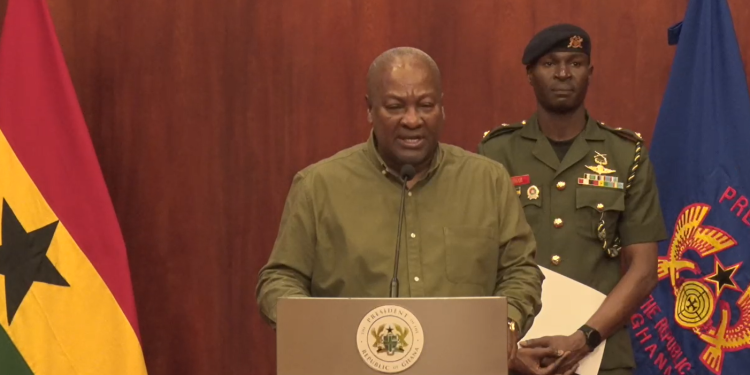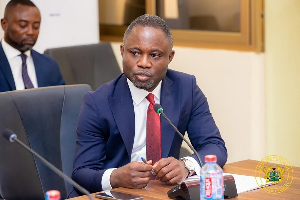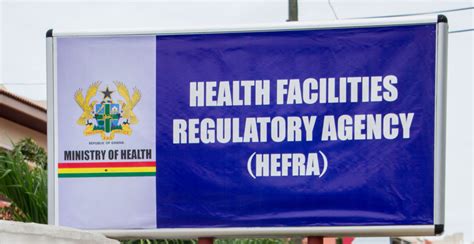Tamale Teaching Hospital (TTH) continued paying the salary of a deceased staff member for more than two years, a revelation that has sparked renewed concerns about financial controls in the country’s public sector.
According to the latest report by the Auditor-General, the hospital disbursed GHS1.45 million (approximately $122,000) in unearned salaries, prompting scrutiny from the Public Accounts Committee (PAC) of Parliament. Of that amount, only GHS303,558, or about 21%, has been recovered to date.
The issue came to light during a PAC hearing on Monday in Accra. Appearing before the Committee, Dr. Emmanuel Sena Kwasi Donkor, Director of Administration at TTH, acknowledged the lapse and said efforts were underway to retrieve the remaining funds.
“We were able to recover some amounts,” Dr. Donkor told lawmakers. “Before we got here, we had received letters from some banks stating that they had stopped transferring the funds to the government chest.”
Dr. Donkor appealed to Parliament to intervene, suggesting a formal directive be issued to banks still holding unpaid balances.
“Maybe at the end of this session, we will make a prayer to this House for the House to make an order directing those banks to transfer [the funds],” he said.
He added that the hospital had submitted the names of individuals implicated in the matter to the Economic and Organised Crime Office (EOCO) for further investigation. EOCO, in turn, has requested personnel files related to the case.
Still, members of the Committee expressed dissatisfaction with the hospital’s internal controls and accountability mechanisms.
Samuel Atta-Mills, Ranking Member of the Committee, questioned the integrity of TTH’s salary validation process. Referring to the case of Habib Napare, a staff member whose salary continued to be paid for 26 months following his death in 2022, Atta-Mills did not hold back.
“This guy had died. Didn’t you go to the funeral?” he asked. “And you validated this dead person for 26 months? And now you are coming to tell Parliament to do what?”
The Committee has called for stricter oversight and reforms to prevent future irregularities, warning that the absence of robust validation protocols poses a persistent threat to the public purse.














